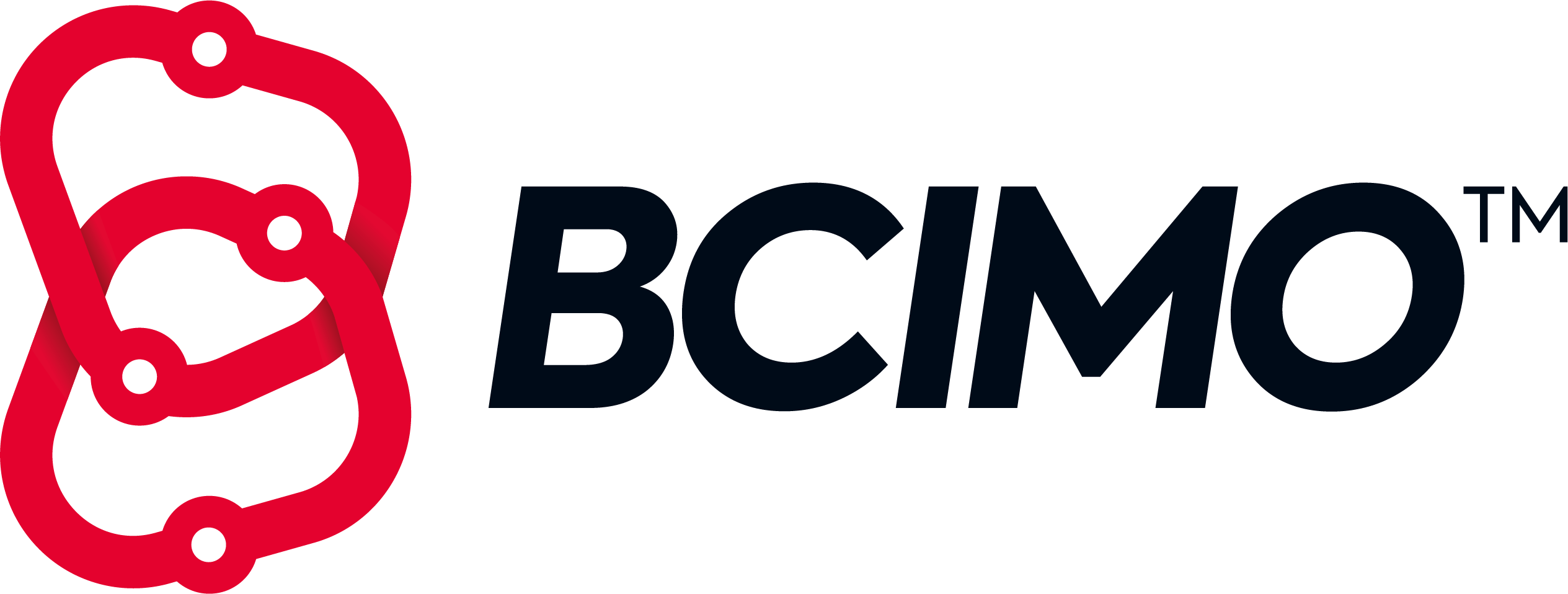The wait is finally over as the second cohort of innovators on the Clean Futures Accelerator arrived at the Very Light Rail National Innovation Centre (VLRNIC) this week to embark on their six-month programme of technical and commercial support, beginning with an ‘Insight Day’ event for SMEs and teams from consortium partners Connected Places Catapult, Coventry University and BCIMO.
Building on the success of the programme’s first cohort, this year’s twenty successful SMEs have proposed solutions to three industry challenges: clean and efficient vehicle manufacturing and assembly, design or production of cost-effective solutions for clean transportation infrastructure, and future fuels, alongside an open challenge. Those with innovations for the automotive industry will be supported by Coventry University and for the rail industry at BCIMO, via a combination of workshops and bespoke support, addressing both technical and commercial need as required. The programme will culminate in an exclusive ‘Demonstration Day’ in February 2025, during which innovations will be presented to industry and investment stakeholders.
The event began with a networking breakfast in the VLRNIC’s Exhibition Hall, followed by a formal welcome from Programme Manager, Hannah Fortune, of lead partner on the project, Connected Places Catapult (CPC) in the Auditorium, and introductions from the CPC support team. Commercial Lead, Sofiya Ben, detailed the business modelling and market appraisal support, including a series of workshops, whilst Impact Lead, Ryan Emmett, outlined the impact assessment process. Service Design Lead, Nick Talbot, introduced the aspect of human connected design support, with Academic Engagement Manager, Julia Brady, discussing the role of research and partnerships with academic institutions.


Dr. Constantina Katsari from Coventry University then talked to the SMEs about the range of support they offer, including tailored input on investment readiness and finance, markets and commercialisation, and business model development. BCIMO’s Head of SME Development, Naomi Arblaster, introduced the support package for rail innovators, encompassing both the technical and commercial elements, and the specific role of the Commercial Investment Hub in connecting innovators with industry and investors. She offered new SMEs insight into the success of this year’s Demonstration Day, and its key role within the commercialisation process, before introducing the rest of the Clean Futures team at BCIMO.
Hannah finally presented the range of additional support on offer from external providers Bamboo Orchard, outlined by founder Adib Bamieh, and Imelda Fossu of Fossu Ltd. After lunch, the Coventry SMEs had an opportunity to network with the support provision teams, whilst the BCIMO SMEs had a tour of the VLRNIC facilities, including the Engineering Hall, part of the Rail Development & Test Site. Project Manager Martin Franklin specifically noted the role of Tram 16 as a platform for innovation utilised by the first cohort, and the range of facilities and support from the technical team. The BCIMO SMEs then had the opportunity to network further, before the event closed, with a note that the real – and exciting! – work now begins.


So who are the new Cohort 2 SMEs who’ll be working with BCIMO?
Aeroforge UK are specialists in aerodynamic systems, utilising AI driven software to design bespoke systems for each individual application. Their work on the Clean Futures Accelerator will focus on developing more aerodynamically efficient rolling stock, thus minimising wind disturbance and so reducing fuel consumption for rail freight vehicles.
Alucast are an established foundry making aluminium parts for the transport industry but have developed a new high-strength material designed to be more lightweight and thus reducing carbon emissions. Within the project, they will produce parts for a rapid loading system allowing freight to be carried on rail passenger vehicles.
Composite Braiding manufacture lightweight, high volume, lower cost structural components which, on Clean Futures, will encompass demonstration of the use of sustainable composites to construct an overhead line equipment structure for mainline rail, in direct comparison to the equivalent production and installation of traditional steel structures.


GBR Rail have developed an innovative system called ‘Cleartrak’, designed to recycle the wastewater from on-train toilets and convert solid waste into dry biosolids, which negates the current system of removing raw sewage and re-filling with water regularly, making the facility more reliable and leaving the vehicle in service for longer.
Geospatial Ventures has developed a modular automated survey localisation and navigation system (ASLAN), which incorporates satellite connectivity and communication alongside positioning, navigation and timing technologies to enhance vehicle speed management, and so enhancing fuel efficiency, safety and overall system performance.
Grinsty Rail are joining Clean Futures to trial and demonstrate their passenger comfort module, which combines a range of sensors to monitor the in-carriage environment, including aspects such as CO2, light, vibration, humidity and temperature, which can then be addressed or adjusted to improve both experience and efficiency.


Integrated Systems Engineering bring together electronics, mechanics, software and telecoms, creating a 5G network to provide continuous high-speed connectivity in tunnel environments, thus supporting real-time monitoring, autonomous systems and predictive maintenance crucial for the efficiency and safety of daily rail operations.
Moonbility are utilising their flagship Impact Visualisation platform, powered by artificial intelligence, to provide real-time status updates on the availability of wheelchair bays throughout the duration of intermodal journeys from tram to bus, to enhance the experience and confidence in public transport of passengers with reduced mobility.
Treeva provides renewable energy from wind using airflow from the movement of trains to drive turbines situated alongside railway tracks, which can be utilised to power elements of infrastructure such as signals and station facilities, so reducing the reliance on grid electricity and decreasing carbon emissions associated with traditional energy sources.
Vanguard Sustainable Transport Solutions are delivering a project called ‘Hydroshunter’, which is the UK’s first hydrogen powered freight locomotive, incorporating a modular and scalable hydrogen/battery hybrid drivetrain which can be fitted to new built or retrofitted applications to provide an effective decarbonisation solution for freight operators.

Connected Places Catapult’s Executive Director for SME Development & Academic Engagement, Alex Weedon, reflecting on Clean Futures to date, said:
“I am delighted by the commercial impact generated by the accelerator programme. Clean Futures aims to really move the needle in the West Midlands by supporting the most exciting cleantech innovators”.

Professor Marcos Kauffman, Director of the Institute for Advanced Manufacturing and Engineering at Coventry University, said:
“Clean Futures is helping the region move towards being net zero by 2041 and we’ve already seen huge successes with the first cohort of SMEs involved in the accelerator programme. We are excited to see what the next group of entrepreneurs can bring to the table and use Coventry University’s cutting edge research facilities to make a difference here in the West Midlands and further afield.”

Matt Wood, Clean Futures Programme Manager at BCIMO, welcoming the new cohort of SMEs, said:
“Following the success of Cohort 1, at BCIMO we have officially started working with the new batch of Cohort 2 SMEs. There was excitement on both sides on Insight Day, when they got to meet the BCIMO team and realise the potential of the opportunity they had won. We are looking forward to working with the SMEs on their innovations and prepare them for the full ‘Demo Day 2’ experience which was such a success for Demo Day 1.”
For more information on BCIMO or the Clean Futures programme, please visit the BCIMO website or click Contact Us to make an enquiry / sign up to our mailing list.

BCIMO is a not-for-profit Research and Technology Organisation (RTO) and operator of the Very Light Rail National Innovation Centre (VLRNIC), a unique, world-class centre for rail innovation based in Dudley in the West Midlands.

Google Map Location: BCIMO
what3words Address: ///shades.glue.tile
Sat Nav: DY1 4AL
Postal Address: BCIMO, Very Light Rail National Innovation Centre, Zoological Drive, Dudley. DY1 4AW
Email: info@bcimo.co.uk
Phone: 07769 586893
